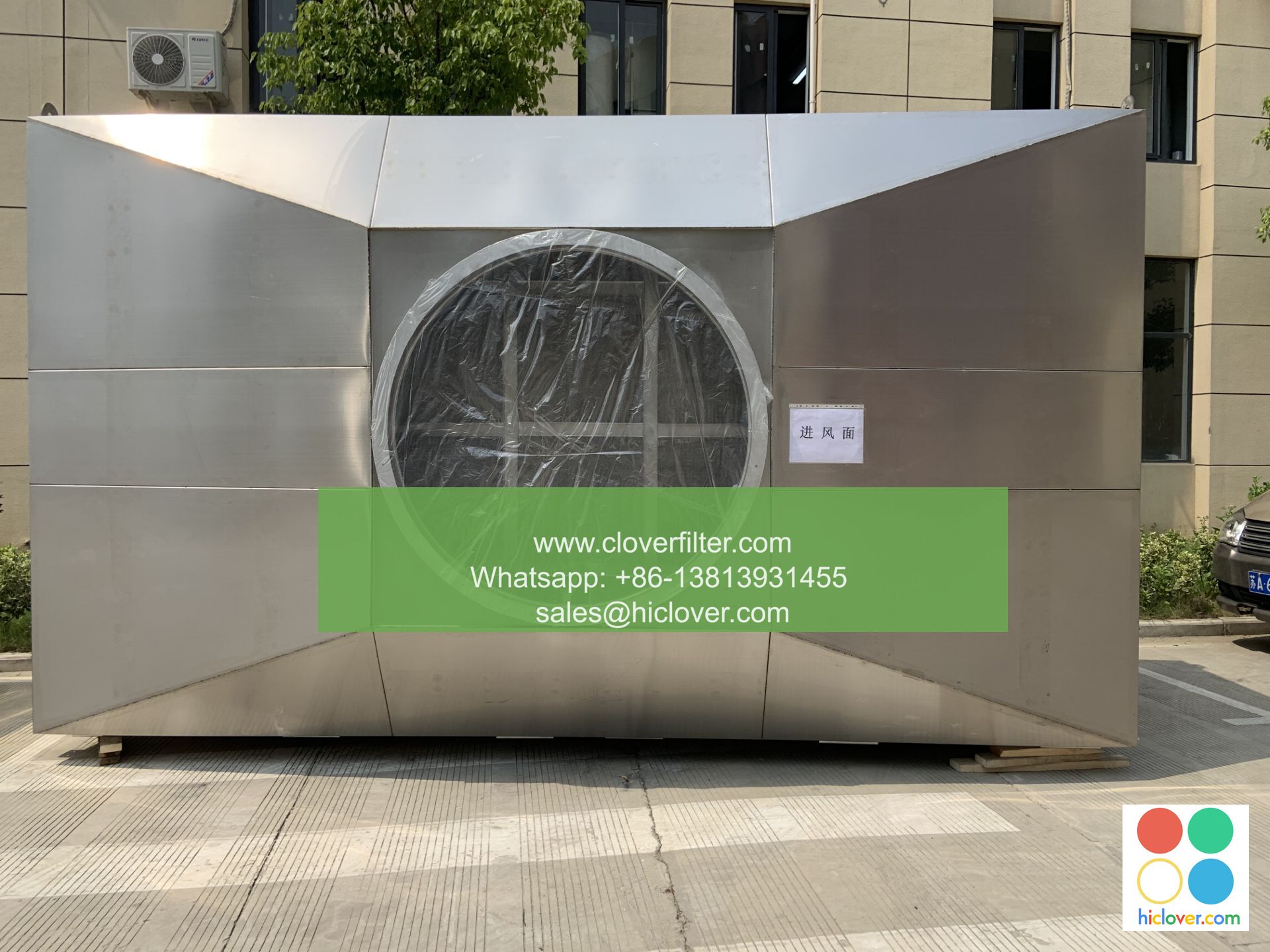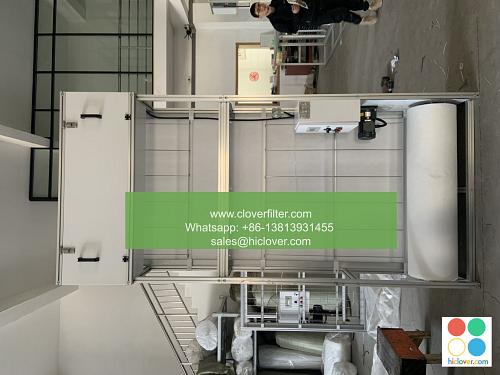Cleanroom HVAC Systems: A Review of Automatic Roll Air Filters

Cleanroom HVAC systems are critical components in maintaining the purity and quality of the air in controlled environments, such as pharmaceutical manufacturing facilities, hospitals, and semiconductor fabrication plants. One key element in these systems is the air filtration mechanism, which ensures the removal of contaminants and particles from the air. In recent years, automatic roll air filters have gained popularity due to their efficiency, cost-effectiveness, and minimal maintenance requirements. This article reviews the application, benefits, and limitations of automatic roll air filters in cleanroom HVAC systems, highlighting various Indoor Air Quality (IAQ), High-Efficiency Particulate Air (HEPA), and Ultra-Low Particulate Air (ULPA) application areas.
Introduction to Automatic Roll Air Filters
Automatic roll air filters are designed to provide a continuous supply of clean air by automatically rolling out a new filter media as the old one becomes saturated with particles and contaminants. These filters are typically installed in the HVAC (Heating, Ventilation, and Air Conditioning) systems of cleanrooms and are programmed to replace the filter media at predetermined intervals, ensuring optimal air quality and minimizing downtime. The Air Filtration Systems used in these applications often incorporate Pre-Filters, HEPA Filters, and Activated Carbon Filters to remove a wide range of contaminants, including dust, pollen, bacteria, and volatile organic compounds (VOCs).
Benefits of Automatic Roll Air Filters
The use of automatic roll air filters in cleanroom HVAC systems offers several benefits, including:
- Improved Indoor Air Quality (IAQ): By continuously removing particles and contaminants from the air, these filters contribute to a healthier environment for occupants and help prevent contamination in sensitive manufacturing processes.
- Increased Efficiency: Automatic roll air filters minimize the need for manual intervention, reducing labor costs and the risk of human error. They also optimize airflow by maintaining a consistent air pressure drop across the filter, which can lead to energy savings.
- Reduced Maintenance: The automated nature of these filters means less frequent replacements and cleaning, resulting in lower maintenance costs over time.
- Enhanced Reliability: With automatic roll air filters, the risk of filter failure due to over-saturation is significantly reduced, ensuring a more reliable air filtration system.
- Pharmaceutical and Biotechnology: To maintain Good Manufacturing Practice (GMP) standards and ensure the quality of drugs and biological products.
- Semiconductor Manufacturing: Where Cleanroom Technology and ULPA Filtration are crucial for preventing contamination during the fabrication of microelectronic components.
- Healthcare Facilities: To control Hospital Acquired Infections (HAIs) and maintain a safe environment for patients and staff.
- Food Processing: To prevent contamination and ensure the quality of food products.
Application Areas
Automatic roll air filters have a wide range of applications across various industries that require controlled environments, including:
Limitations and Future Developments
While automatic roll air filters offer numerous advantages, there are limitations to their use, including higher initial costs compared to traditional filter systems and the potential for increased energy consumption if not properly optimized. Future developments in Air Filtration Technology, including advancements in Nano-Filtration and Smart Filter Systems, are expected to enhance the efficiency and effectiveness of these filters, making them even more viable for a broader range of applications.
Conclusion
In conclusion, automatic roll air filters are a valuable component of cleanroom HVAC systems, providing efficient, reliable, and cost-effective air filtration. Their application in various industries highlights their versatility and the importance of Cleanroom Technology in maintaining high standards of air quality. As technology continues to evolve, the role of automatic roll air filters in ensuring Indoor Air Quality, HEPA, and ULPA standards will remain critical, contributing to safer, healthier, and more productive controlled environments.

